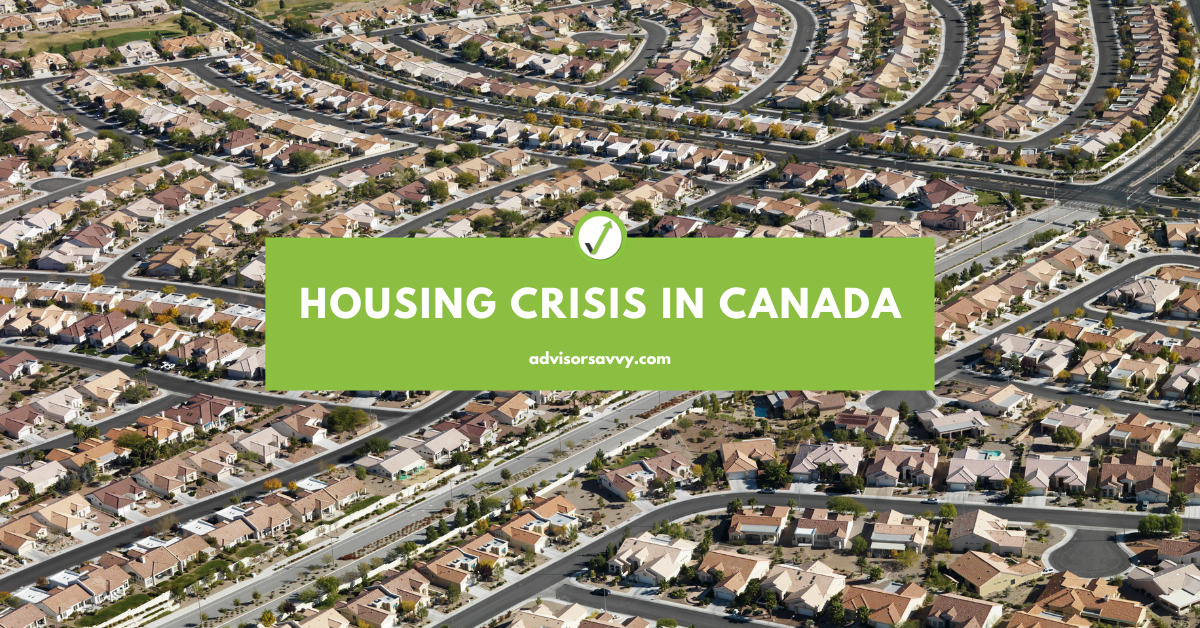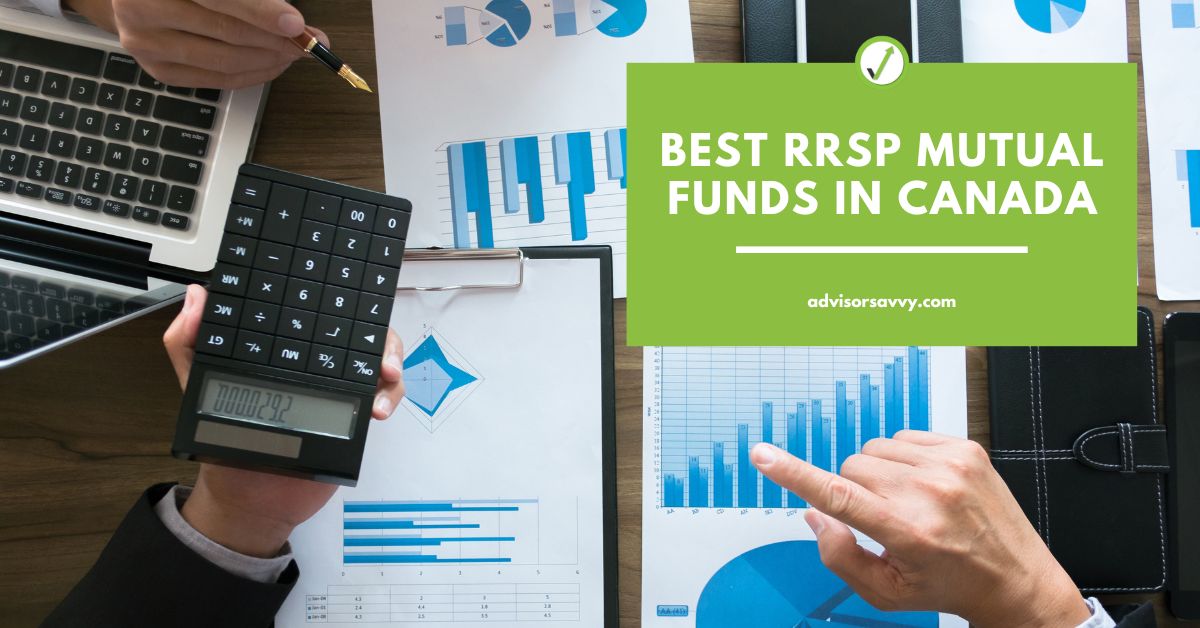Housing Crisis in Canada
One of the most highly discussed topics in Canadian personal finance right now is the housing market. And for good reason – there’s a lot of volatility and rapid changes occurring within the market. But the question remains, is there a housing crisis in Canada? And if there is, what’s causing it and how can Canadians navigate the problem? In this article, we’ll explore the nuances of the housing market and put it into terms that can be easily understood. Continue reading to learn more. Is Canada having a housing crisis? Technically speaking, Canadian officials have not declared a housing crisis in Canada. However, the biggest mistake in any crisis is failing to recognize that there is a crisis. In addition, most economic crises are discovered in hindsight, not while they’re happening. Or sometimes they’re discovered when chaos ensues, like we saw with the 2008 Financial Crisis. As with any widespread problem, there usually isn’t one single cause, but rather,
Continue reading



















